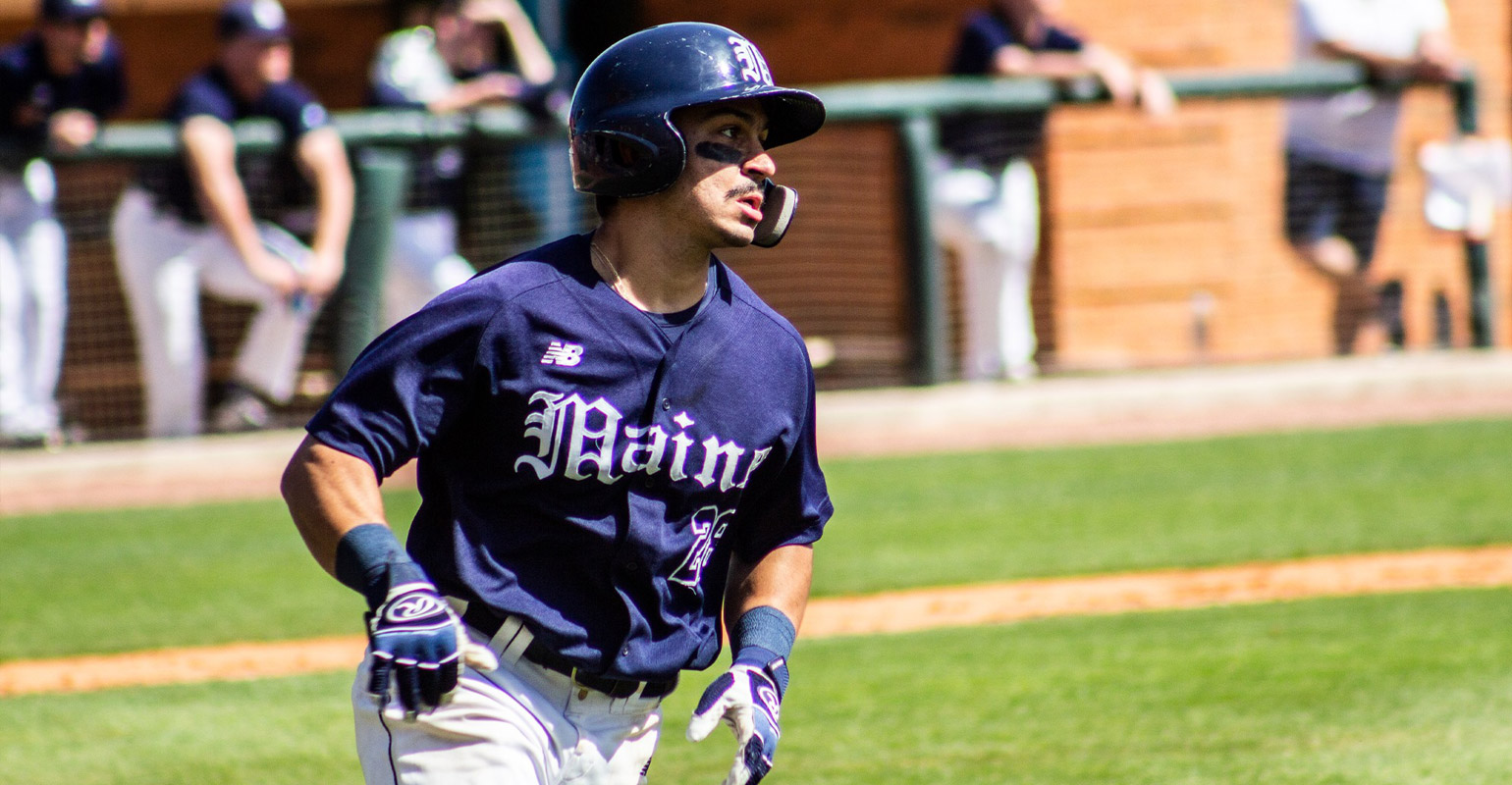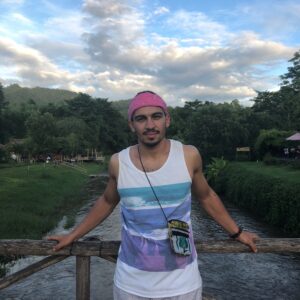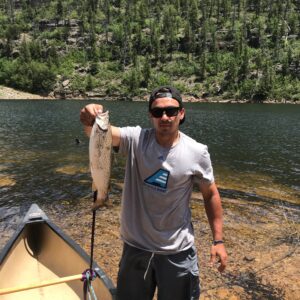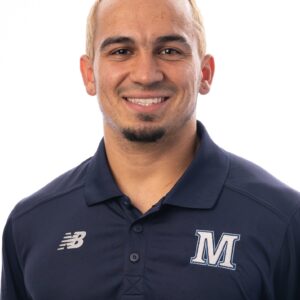
Sideline Stories: Caleb Kerbs
My name is Caleb Kerbs. Growing up in New York City, life presented a series of obstacles. Life in the city is fast-paced, loud, and crowded. So, I had to be ready to adapt and adjust to my environment at any moment. In high school I played baseball for The Beacon School, a liberal arts public school on the Upper West Side of Manhattan. It took an hour-long train ride to get there every morning and sometimes I had to run from the train station so I wouldn’t be late to class. I quickly learned how to be a disciplined student and committed athlete. I played on the varsity baseball team as a freshman which added pressure to balancing my homework and managing my time wisely. My baseball team did not have a home field, gym, or the basic equipment most high schools have to practice on so we had to be creative, and, sometimes even practiced inside on wooden gym floors. But this didn’t matter because we were there to play the game we loved, with passion. I was named Captain of the team during my junior and senior years and managed to lead the team on to two very successful playoff runs.
To be recruited by a Division I college was difficult for a city kid who did not have the exposure to or experience with a long, outdoor baseball season or well-endowed facilities. I played a 16-game schedule and dealt with the cold and snow that forced us indoors, and onto scrappy urban fields. But the universe works in funny ways and I somehow managed to be in the right place at the right time and was spotted by coaches from the University of Maine.
During my first few months in Orono there was no shortage of obstacles. I red-shirted my freshman year due to a leg injury which meant I couldn’t compete in games and that I needed development to make an impact on the team. I used this to motivate me. I worked harder and harder, staying late after practice and sacrificing a social life to hone my skills. It would pay off. In my second year I earned a starting spot on the team as a walk-on and would play in almost every game until my junior year.
When I was diagnosed with testicular cancer, hearing the “C” word shocked me. For the first time in my life, I thought about death. I thought about the mark I had left on the world already and all I still wanted to accomplish. Fortunately, I had discovered my cancer in its early stages, so it had not spread into my lymph nodes, lungs, or brain. Most men with this illness do not seek medical attention because of the stigma and fear attached to this disease, with lethal consequences. I left my team in May of 2018, during a playoff run in order to get surgery at Memorial Sloan Kettering Hospital in New York City. I did not need chemotherapy and radiation treatments due to my early detection. It took me six full weeks of lying in bed to fully heal from the procedure. When I began to train again, I was even more determined to rejoin my team on the field. In the process I was able to reflect on my life. I realized I had a choice to make about how I would respond to this illness. It would either a) define my existence, or b) offer new meaning to my suffering and lead me to take further action. I chose the latter.
In the fall when I returned to Maine I met with my coaches and teammates to get them on the same page. My goal was to spread awareness about this illness using my platform as a student athlete to focus attention across the university, and the world. Together we decided to make several testicular cancer awareness videos that would play on a comedic theme in order to engage people. Then we would post these videos, and my story, on social media. We used the catchphrase, “Check Your Bumps For Lumps,” to get the message out about the importance of self-detection. I was extending far outside of my comfort zone. It was uncomfortable to be vulnerable, sharing all my personal information, yet, in the end, it was very rewarding. I received messages from MLB pitchers, the head of the Testicular Cancer Foundation, and even testicular cancer survivors who were inspired by the videos. I felt successful for making a real difference in people’s lives. Finally, I was honored to speak for the 2019 seniors at the America East Conference tournament banquet where I shared my story in person in front of 300 guests. I received even more feedback and support from around the league, which showed me that, while we were competing against each other, we were all still one big family. This experience marked a big step for me because it meant letting go of doubts, I had about what I was capable of accomplishing. It also taught me to trust my inner truth and showed me that I was not alone. I experienced true character growth.
Lastly, I am grateful to be alive and present in each moment. I meditate regularly in order to observe my thoughts, feelings, physicality, and desires. Cancer is no longer the enemy, but, is rather a teacher in my life. It was the guide I needed to reveal how delicate and precious life is. Thank you, Cancer, for leading me to a more meaningful life.


